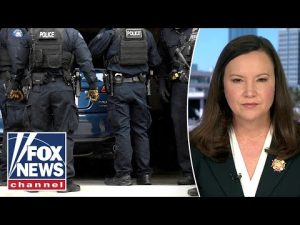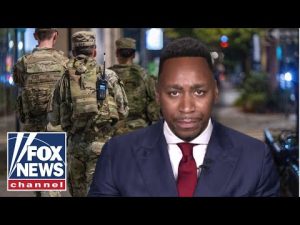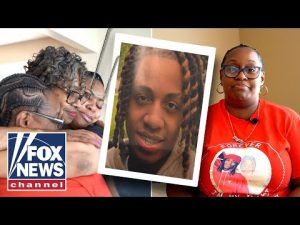In an era where politicians are often more worried about headlines than homes, one might think addressing violent crime would be a universal priority. But, alas, the current political climate in Chicago suggests otherwise. Giana Caldwell, who tragically lost his brother to the ravages of violent crime, exemplifies the plight faced by many families in cities nationwide. Caldwell’s journey through grief propelled him to start the Caldwell Institute for Public Safety, aiming to shed light on the gritty reality that stats alone can’t encompass.
Violent crime doesn’t just leave scars; it leaves gaping holes in communities. Caldwell’s brother, Christian, fell victim to such violence on a seemingly ordinary day in June 2022. His story is not isolated but rather part of a larger, grim tapestry of unsolved cases in Chicago. Astonishingly, a staggering 75% of murders in the city remain unsolved, leaving families desperate not only for justice but for leaders who will take decisive action.
The current approach of Chicago’s leadership seems to invert the typical understanding of safety policy. Since taking office, Mayor Brandon Johnson has eliminated 800 police positions, ignoring the glaring need for an additional 2,000 officers to keep pace with crime-solving demands. It’s as though he believes fewer cops on the beat will magically lead to fewer crimes—a head-scratching concept for anyone living in reality. This move not only challenges logic but also sends a distressing message to the citizens who wonder if their lives are truly valued.
The treatment of crime statistics as mere numbers is not just an oversight; it’s an act of dehumanization. When politicians brush off or understate the severity of the crime crisis, they fail to see the real horror faced by families like the Caldwells. Each statistic represents a loved one lost, a family left in devastation, and a city grappling with fear. Yet, the failure to adopt robust policies reflects a startling level of complacency from leaders who should be fighting tooth and nail to protect their citizens.
Critics argue that bringing in someone like Donald Trump could create waves in the stagnant waters of Chicago’s crime policy. Unlike the current administration, Trump’s past focus on law and order suggests an ability to confront crime with a hands-on approach. His involvement could potentially expose the glaring incompetence of current Democratic leaders. It’s a bitter reality that only highlights their failure to enact plans that prioritize the safety and well-being of Chicagoans. In these critical times, the cry for effective leadership echoes louder than ever.







